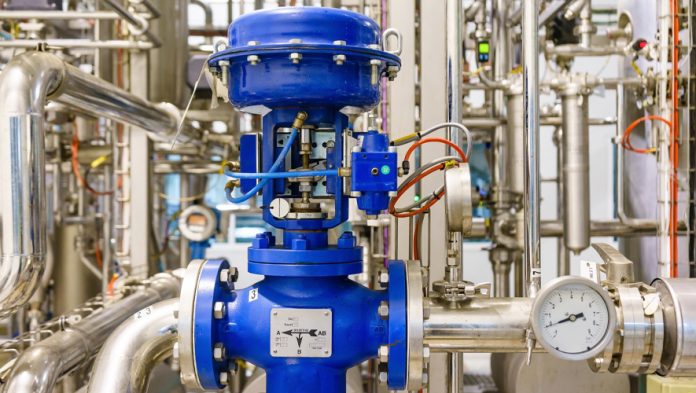Control valves play a vital role in regulating the flow of fluid with the change in its course and size as the controller’s signal directs it. It helps control the flow rate directly and helps regulate the other significant quantities like pressure, liquid flow/level, and temperature. In the automatic control terminology, it is called a final control element.
The control valve controls the liquid level, temperature, flow, and pressure of the system through partial or complete closing or opening based on the controllers’ signals. The pneumatic, hydraulic, and electric actuators control the opening and closing of the valve directly, and the positioners control the opening and closing of such actuators. For the best quality control valves, contact Emerson.
The Different Forms of Control Valves
Based on the different applications and uses of control valves, it is available in various types,
- Gate Valves
- Globe Valves
- Plug Valves
- Ball Valve
The Different Applications of Control Valves
Some typical applications of control valves include,
- Paper and Pulp Mills
- Pump Protection Services
- Compressor Anti-surge Systems
How the Control Valve Functions?
The process plant has several control loops to provide quality products consistently. These control loops possess a set level, flow, temperature, and pressure to maintain the needed range to operate. Every control loop faces internal disturbance measured through transmitters and sensors. The information gathered will be processed with the controller to decide the step to rectify such load disturbances.
After the collected data is analyzed, compared, measured, and calculated, an element to control is implemented. It is here where a control valve comes in. It works to reduce such disturbances. Thus, the control valve’s working principle rests on the manipulation of the fluids that flow, such as chemical compounds, steam, gas, and water, to ensure to reduce the disturbance and regulate the process variable.
Striking Benefits
People favor control valves for the long list of benefits that it offers. Some of these benefits are as follows,
- Cost-effective Device – You can conserve water through a control valve. It will help to save a considerable sum on water and also sewer bills for big industries.
- Eco-friendly Solution – Natural resource wastage is cut down considerably with the use of a control valve. It can help one cater to the global ecological standards, thus making them an eco-friendly solution.
- Prevent Clogs – A control valve is designed, so that fluid flow through it does not obstruct, which means they do not clog.
- Automatic operation – This is a vital benefit of using a control valve. They operate automatically, which means these valves can remove that dependency on operators to open and close the valve.
- Hassle-free Installation – Finally, they are hassle-free to install, which ultimately saves efforts and time.
Owing to these above mentioned alluring features and benefits and more, a control valve has a wide array of industrial applications. You can use it as per your specific requirements.
Read Also : Are Online Free Classifieds Similar To Displays?



































































